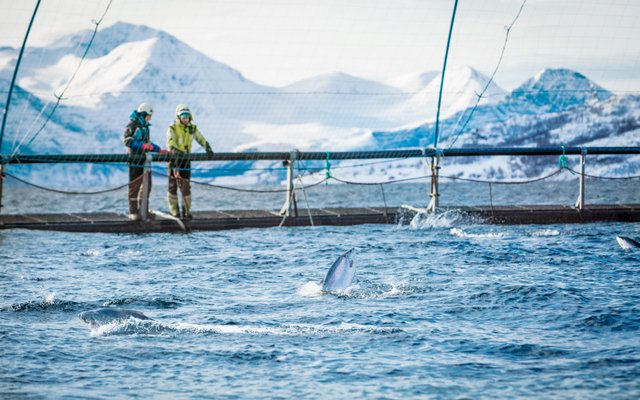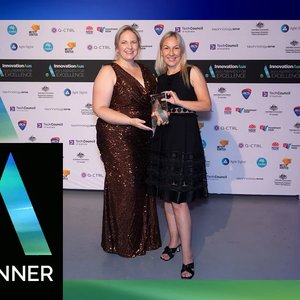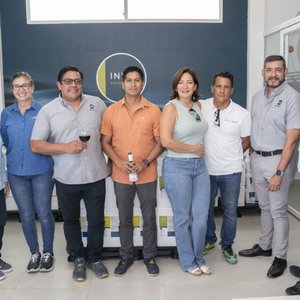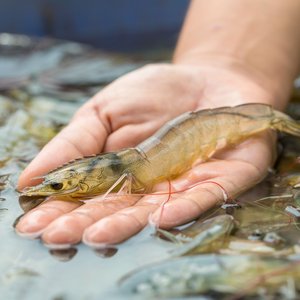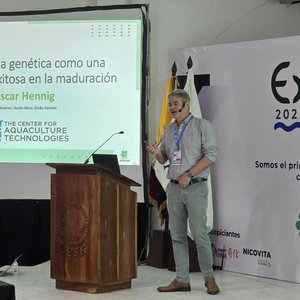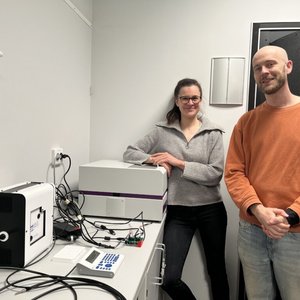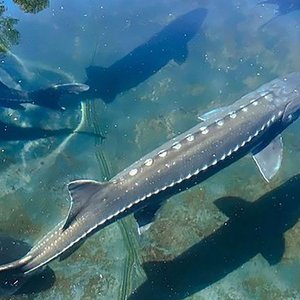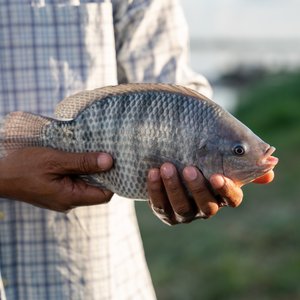Merck Animal Health, known as MSD Animal Health outside of the United States and Canada, unveiled the availability of two new training modules in its AQUA CARE365™ fish welfare series addressing important operational and welfare aspects of Harvest and PIT Tagging.
AQUA CARE365 is an internet-based educational program and training resource with video-based content dedicated to assisting aqua communities in developing and deliver a culture of care and improved welfare for aquatic species while promoting a safe, affordable and sustainable food supply. The program also was designed to complement and help fulfill the animal care requirements of certification and stewardship programs for aquaculture.
“Merck Animal Health is committed to providing the aquaculture and conservation industries with important welfare training and best care practices to advance the care and welfare of all aquatic species of fish, which contributes to the ongoing success of our customers’ operations,” said Tim Kniffen, technical services veterinarian in the North America Aqua Business Unit of Merck Animal Health. “The AQUA CARE365 program addresses topics that provide valuable insights and information to help educate anyone with an interest in aquatic animal welfare, but especially caretakers working with fish. This training will ultimately create and improve a culture of care for the animals, whether in aquaculture or conservation operations.”
The two new modules on Harvest and Pit Tagging are part of a series of six modules in the AQUA CARE365 program, which also includes Farm Fish Behavior, Sea Pen Handling, Anatomy and Vaccination, along with a prerequisite lesson on Fish Welfare. The new Harvest training module empowers learners with practical competencies in the sequential steps of harvest and how to properly observe and contribute to the harvesting process while paying close attention to the welfare of the animals. The new PIT Tagging module provides learners with practical competencies in welfare-cognizant PIT tagging procedures for conservation and aquaculture applications.
Jimmy Turnbull, Professor at the Institute of Aquaculture, University of Stirling, Scotland, is one of the featured experts in the AQUA CARE365 program. He encourages farmers to spend as much time as possible observing fish behavior, both on the surface and underwater, to gain an understanding of their behavior as it changes day-to-day, pen-to-pen and in association with a variety of factors.
“Being observant on the farm is important, as it may take an entire production cycle before fish handlers become familiar with the basics,” said Turnbull. “Fish handlers need to be trained so they know when to report abnormal behavior, as it may require immediate intervention for the health and welfare of the fish.”
“Merck Animal Health provides these free online training modules as a valuable service to our customers to help the fish community create and deliver the best fish care and welfare possible,” said Kniffen. “We have an obligation to the animals in our care to act ethically and responsibly as we help meet the world’s growing demand for fish and fish protein from conservation and aquaculture operations.”
To create a free account and register for the AQUA CARE365 series, visit AQUACARE365.com, contact a Merck Animal Health representative or email AquaCare365@merck.com.


